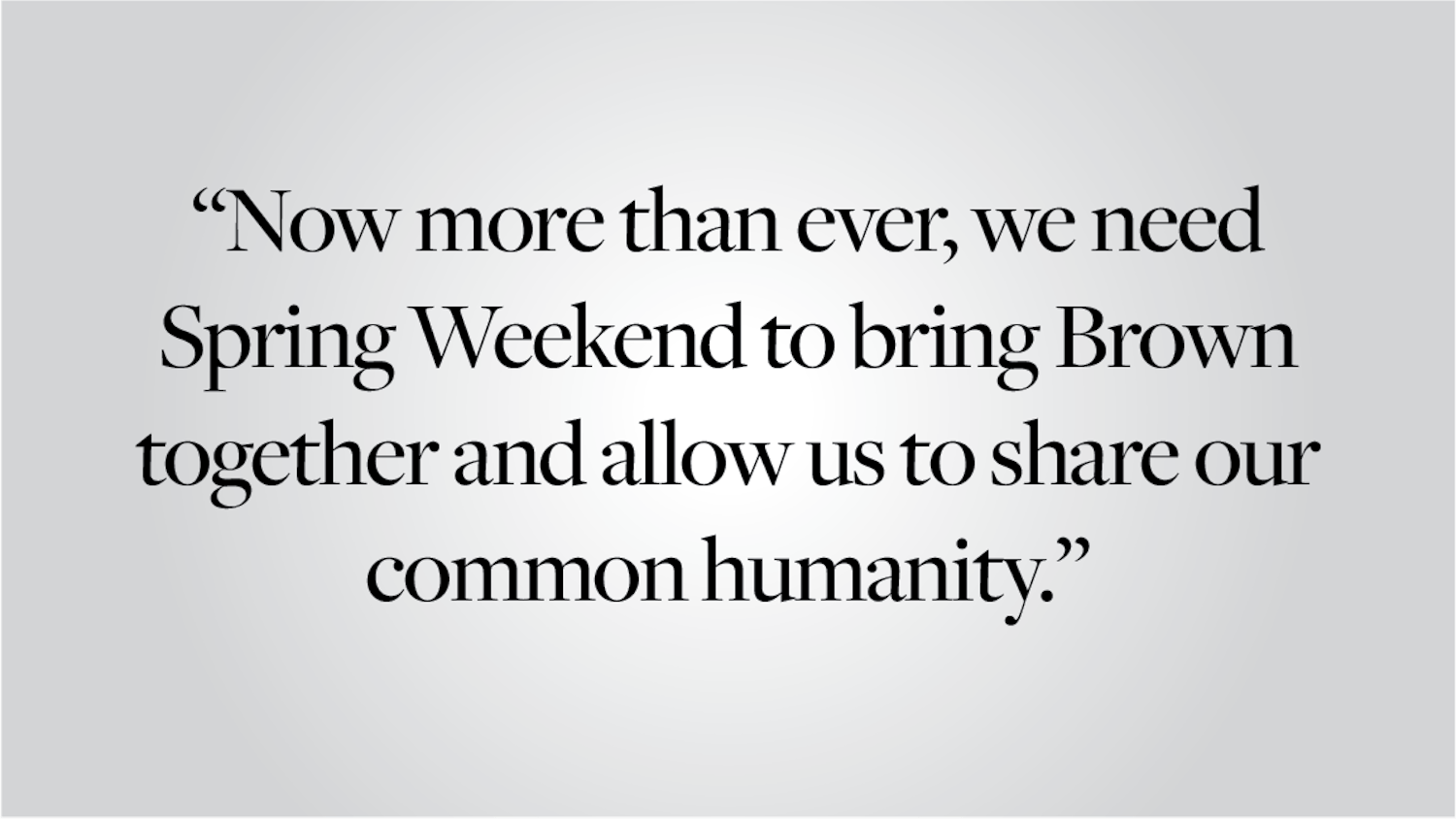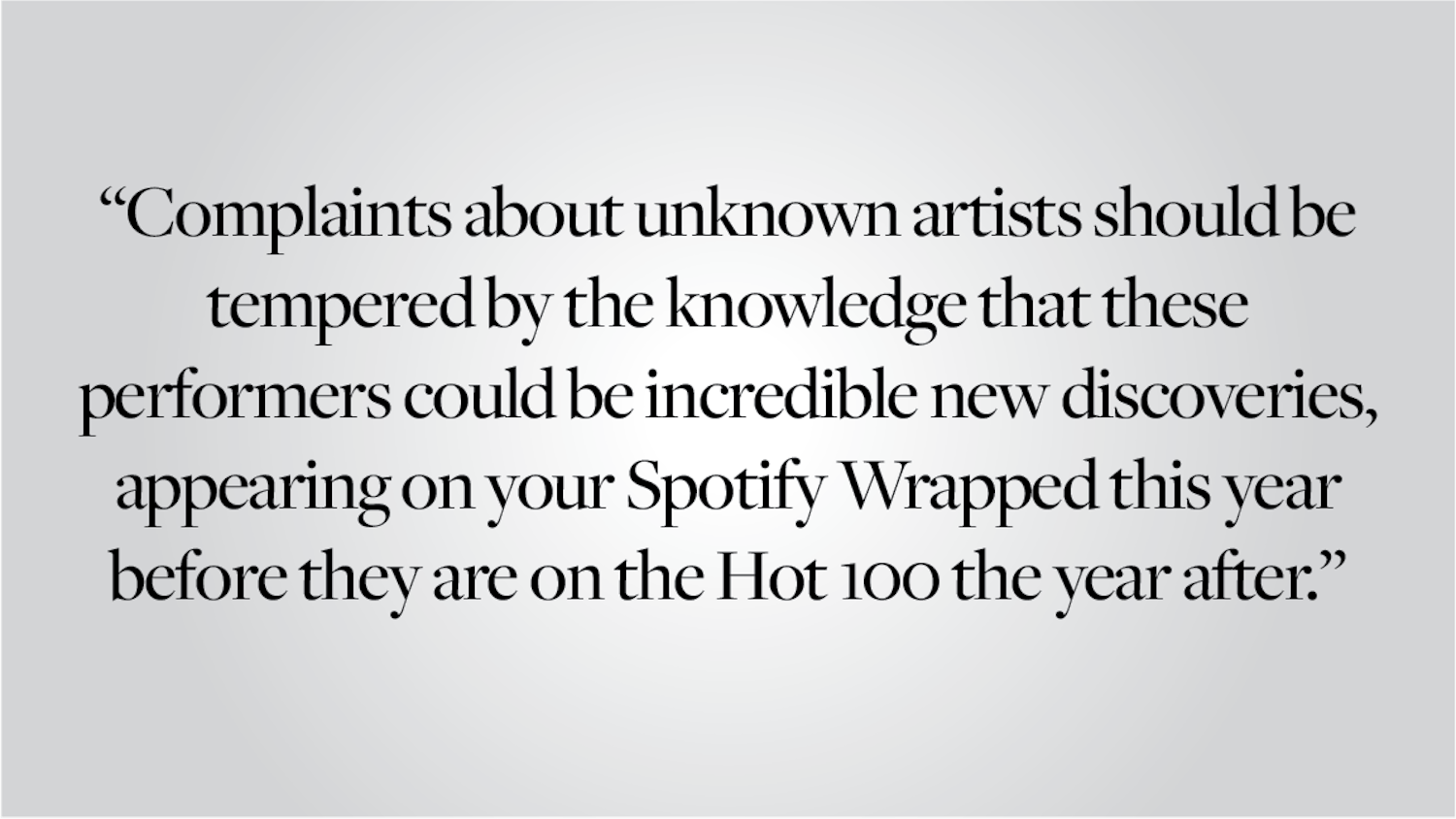The iconic Rabbi A.Y. Kook once said, “I don’t speak because I have the power to speak; I speak because I don’t have the power to remain silent.” This statement encapsulates the visceral obligation I feel to the Jewish community to react: to scream when swastiskas stain high school walls, to cry when bomb threats desecrate the once-comforting Jewish Community Centers, to write a column when an appearance by Pepe the Frog becomes common in a routine social media scroll. As Rabbi Kook explains, the insuppressible urge to do something is prompted by my inability to do nothing. Moreover, I think this inability stems from a critical element of Judaism that is fundamental whether your identity is rooted in the religion’s cultural values or its pious traditions: the focus and dependence on community. It is the care and thus intuitive responsibility I feel toward the Jewish community and its members that has afforded me the confidence and motivation to advocate against hate. Consequently, I’ve come to believe that with stronger ties to the community comes a heightened ability to confront anti-Semitism.
“Okay, alright. I disavow, okay?” was our president’s exact response to inquiries about the support he received from fierce anti-Semite and former leader of the Ku Klux Klan, David Duke — and this insignificant, seemingly indifferent attitude was not a one-time occurrence. In fact, the dismissal of the magnitude and significance of anti-Semitism has become quite a theme in this administration. From issuing a Holocaust remembrance memo without any mention of the millions of Jewish deaths to making the already-infamous insinuation that Nazis aren’t entirely rotten, President Trump constantly exposes his ignorant, detached and plainly uncaring attitude toward the severity of this kind of bigotry. While it is arguable whether the man is a raging anti-Semite or simply a narcissist who hates rejecting his fans, what is undeniable is that Trump doesn’t internalize the value of community that has remained a cornerstone of Judaism. If he felt any sense of duty to the Jewish community, or the instinctive empathy a president ought to feel in the face of hatred, I am confident his responses to the evils committed would stop teetering on indifference.
However, this column does not intend to focus on Trump’s incompetence in the area of moral courage. Rather, I want to suggest we do the opposite: Stop giving his inadequate defense of the Jewish people so much time and energy, and instead, use that strength to focus on being our own champions of change. Last year, Brown/RISD Hillel’s Rabbi Michelle Dardashti, while telling the story of the first people on earth, discussed the question of “Ayyeka?” or “Where are you?” In response, she encouraged us to reflect on this question ourselves and confidently answer “Hineini” or “Here I am,” fearlessly presenting our Jewish identities to the world amid rampant anti-Semitism. In the current resurgence of anti-Semitism, to stand tall and announce your Jewish presence, to proudly declare this commitment to the worldwide community, is an act as brave as it is important. Fight against the hate by showing up fully with your Jewish identity, whether that connection stems from resonating with a religious element, a cultural value or something else entirely.
This is easily said, but the question for many still remains: How do you do this? Attending religious services could satisfy this desire for some, but there are so many other avenues to proudly exhibit a Jewish identity that suits your background. You can be a part of Jewish life on campus through means that truly resonate with who you are: craft for the holidays, bake challah for charity, attend a lecture featuring a Jewish novelist. Seek ways to connect with the Jewish community. A sense of devotion to the group and sincere engagement can offer the astonishing inability to remain silent.
The other day, I was pasting construction paper letters on a poster for Hillel’s booth at the activities fair when I began aimlessly cutting triangles. In a moment of utter genius, I realized that if rotated and overlapped, paired triangles could be glued on the paper to resemble Stars of David. But I froze: What if this iconic symbol of Judaism triggered an act of anti-Semitism? Immediately, images of the countless walls adorned with spray-painted slurs, the confused children being frantically evacuated from JCCs nationwide, the shattered remains of a wall of the New England Holocaust Memorial came to mind. This six-pointed symbol, and the implicit or conscious bias it evoked, could single-handedly produce so much hate and crime and tragedy. But suddenly a stronger thought took hold: The use of this emblem contains the history and carries the promise of an entire community — if we fully embrace it. It represents an identity, but only its owners have the power to paste it on their posters. Needless to say, I’m gluing my triangles together, and I encourage you to do the same.
Rebecca Okin ’19 can be reached at rebecca_okin@brown.edu. Please send responses to this opinion to letters@browndailyherald.com and other op-eds to opinions@browndailyherald.com.




